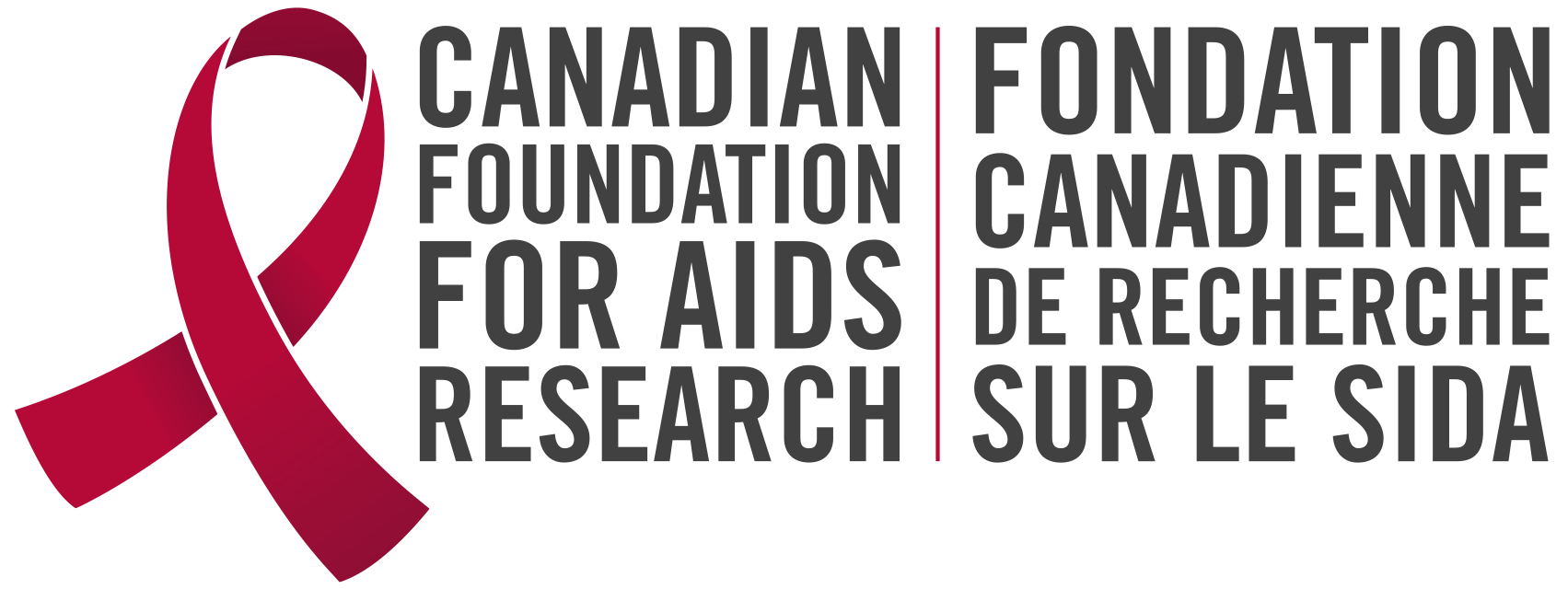This Research Provides The Backdrop For Further Work To Explore The Sexual Health Needs Of Black Parents And Their Children
I was fortunate enough to be one of (CANFAR’s) chosen researchers, with a $25,000 grant for my study on “Black Canadian Parent-Youth Communication on Sex and HIV”. Because of the CANFAR research grant, and the generous support of donors like you, I was able to complete this important study, and the results were surprising.

The study arose from a need identified by a community organization working with African and Caribbean parents in Toronto. It was noted that while Black Canadian youth were particularly vulnerable to HIV as determined by their increasing numbers in the HIV epidemic and the high youth pregnancy rates, there was little research focused on HIV prevention for these youth.
Research done on this topic in the US shows that open parent-youth sexual health discussion can significantly reduce a young person’s risk for HIV, and that parent intervention is a cost-effective approach to HIV prevention. However, no research has been done in Canada to harness this important resource.
This drove me to develop a study to explore Black-Canadian parent-youth sexual health discussion. In-depth interviews revealed some important factors that impacted Black parent-youth sexual health discussion.
These factors include:
- HIV is still perceived to be associated with homosexuality
- A general discomfort in having open and honest discussion around sex
- Limited sexual health discussions between parents and youth
- Discussions on the subject of HIV is still considered taboo
I also found that there was a gendered approach to the limited ‘talk’ that parents had with their children. Our research indicates that mother-daughter sexual communication often centered on pregnancy prevention while this emphasis was not stressed for boys. Father-son interactions were often on chivalry whereas daughters were often warned about dating.
Our study showed that while Black parent-youth conversations are limited, parents often want the best for their children but often do not know how to broach the topic of sexual health. This is important information as it indicates that there may be a need for public health and social services agencies to work with Black parents in developing their capacity to discuss sexual health with their children.
This research provides the backdrop for further work to explore the sexual health needs of Black parents and their children. While the data indicates a need for parent-youth centered services, further work is needed on how to best provide this service for African and Caribbean populations.
It is hoped that this successful research will act as a stimulus for further work in the area of Black youth HIV prevention so that we can continue to work towards zero new HIV infections. Without the support of CANFAR—without you—this valuable research may not have come to fruition.
Written By: Dr. Clemon George
